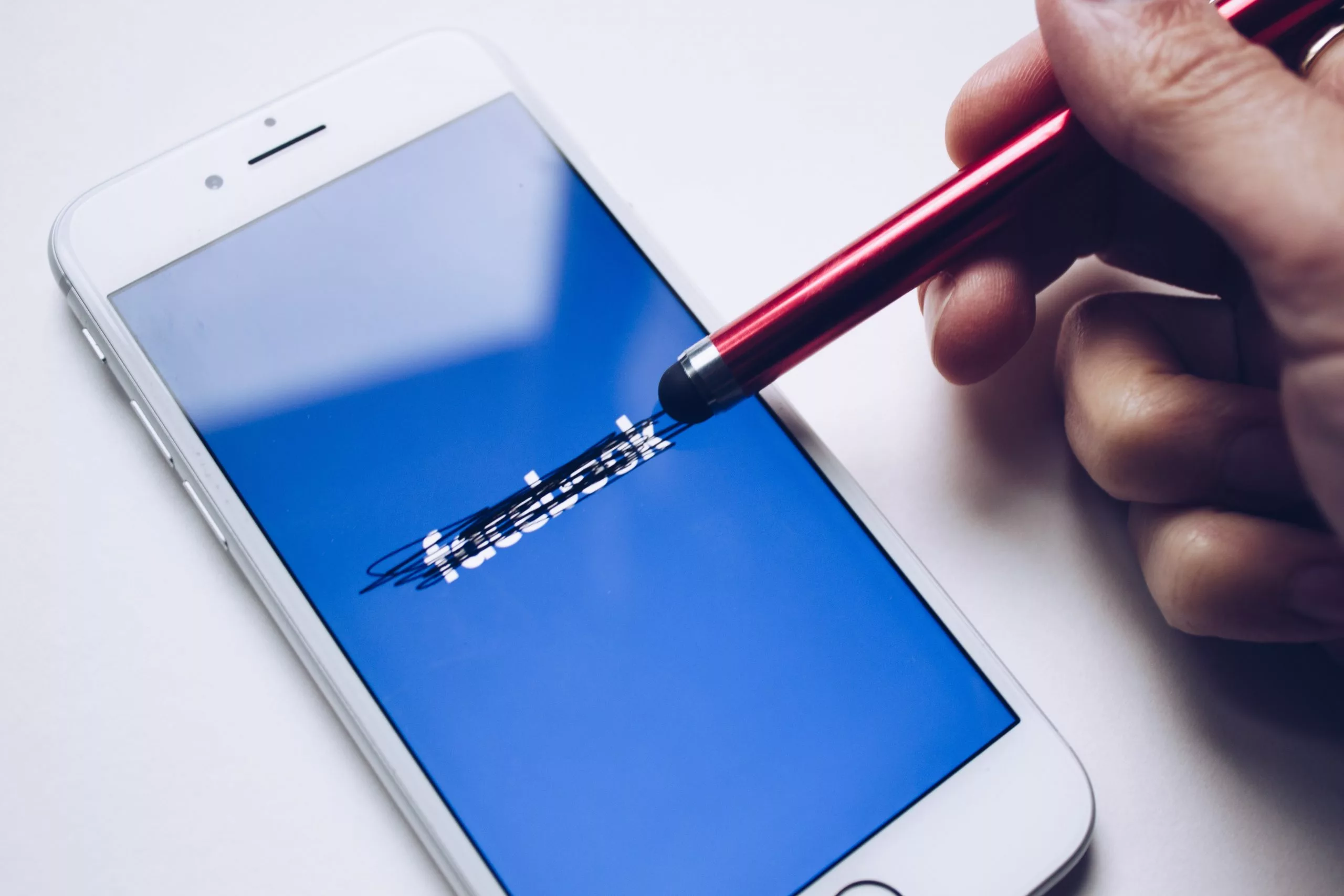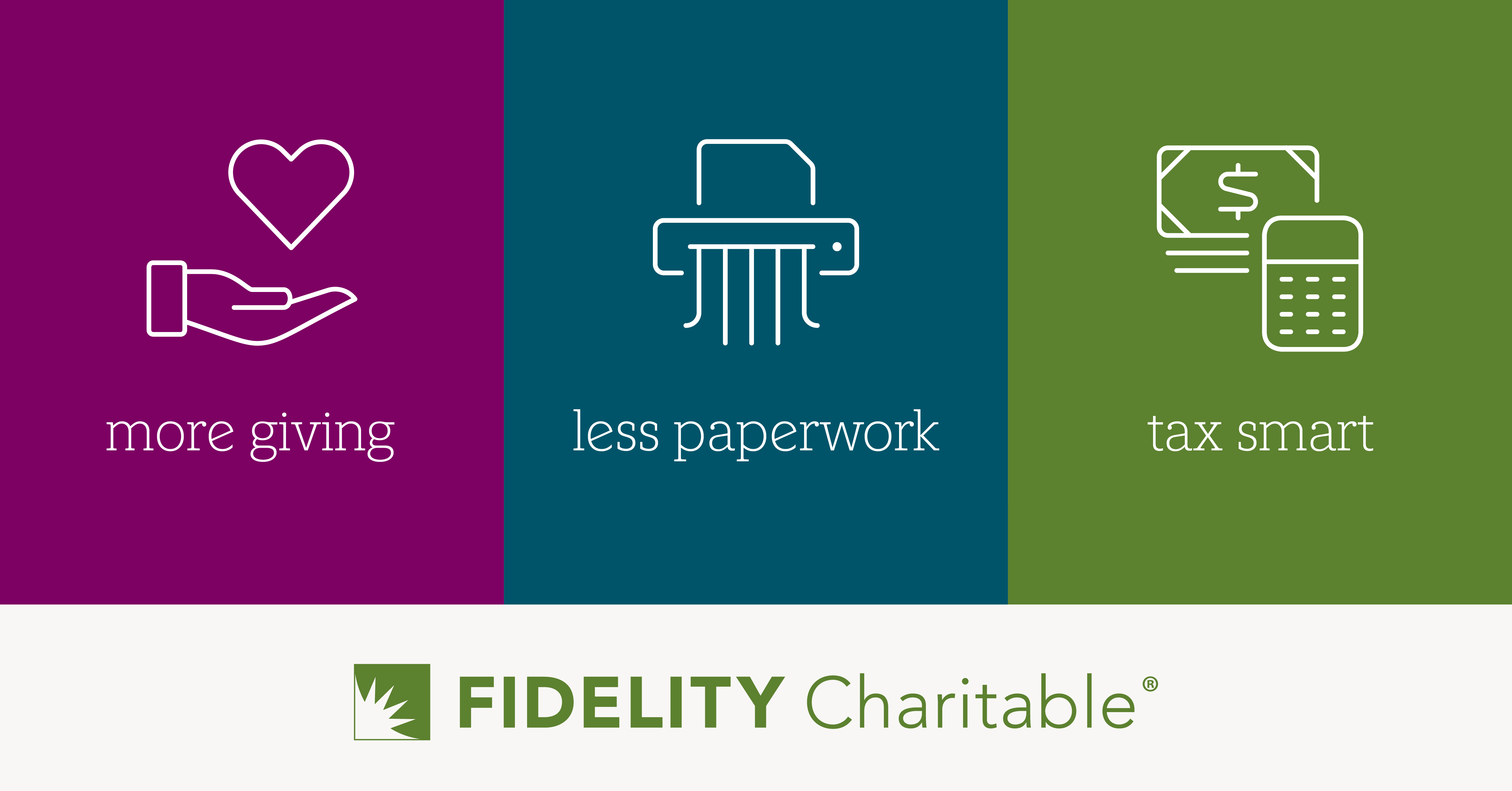In the past month since George Floyd’s very public death, the US and world have been roiled by protests and civil action calling for equality, justice, and a long-overdue review of the systemic racism that permeates our society and business systems.
Simultaneously, China has passed ‘security’ legislation that effectively unravels the “one country, two systems” condition of Hong Kong’s sovereign transfer from Britain to Beijing in 1997. And Vladimir Putin of Russia has pulled forward a public referendum-type vote that will allow him to remain president until 2036 (he took power in 1999)! All the while, in our own sweet U.S. of A., the President regularly shares posts of white supremacist hate speech, while spinning his own lies and vitriolic spew that recently has even his most ardent supporters staring at the floor.
The world is topsy-turvy. And that’s without accounting for the major health pandemic still upon us, or the global economic impacts of a nearly half-year lockdown because of it…
But what’s any of this have to do with Influencer Marketing?
It has to do with how and where people get their information and the impact that has on the world order.
Since the iPhone was first introduced on nearly this exact day in 2007, human dependence on portable technology has grown exponentially. The average American adult now spends approximately 3.5 hours per day on their phone, and another 6 or more on various other digital devices. Overall, we consume 5 times more information every day than did our counterparts 50 years ago (Forbes).
And because of the nature of our new technology and the way in which information sources have changed as a result, social media plays an increasingly outsized role in the lives of everyday people. As of the end of last year, 2/3 of American adults got their news from social media, and 1 in 5 do so often (Pew Research Center). More specifically, nearly half of all Americans get their news from Facebook — a platform whose influence on recent political elections, as well as civil rights here in the US and throughout the world — remains shrouded in doubt and uncertainty at best.
In too many ways, the rules and regulations that guide Facebook’s algorithms give precedent and airtime to the loudest voices while quashing more moderate others. This is true for organic content (unpaid) shared on the site and many times more pronounced for paid content (advertising). According to 2019 financial statements, Facebook and its sister platform, Instagram, brought in nearly $70 billion in advertising revenue, 98% of the company’s total. So, it should be no wonder that Facebook’s Founder and CEO, Mark Zuckerberg is reluctant to make changes that might hurt his bottom line.
Even Twitter CEO, Jack Dorsey, finally stood up to his #1 superuser when Donald Trump called for violence against peaceable protesters last month. Meanwhile, the Facebook guys over in Menlo Park stayed silent, outraging many including some inside the building. Turns out — there’s a limit to how much division, hate, and anti-democratic values can be propagated before someone says something; or does something about it.
And awareness is growing. As an outdoor outfitter, The North Face, described in a recent statement: “We know that for too long harmful, racist rhetoric and misinformation has made the world unequal and unsafe.”
Maybe soon, we’ll begin to see that valuing money above truth is bad business.
“We won’t work with partners that don’t hold the same values we have as a brand”
CEO, Talkspace
Two weeks ago, on June 19th, a campaign for positive change was launched.
#StopHateforProfit is an influencer movement of great potential with a singular goal: “To force CEO, Mark Zuckerberg to address the effect that Facebook has had on our society.”
The campaign is built and sponsored by a collation of advocacy and civil rights groups including the Anti-Defamation League, NAACP, Color Of Change, Sleeping Giants, and Common Sense Media, among many others. It outlines ten clear steps that Facebook could immediately take to drive accountability, decency, and support for truthful content and diverse voices — then calls on companies to cease advertising on the platform as a means of compelling the social giant to act.
It is a powerful call to action.
Since the boycott campaign was announced– more than 500 companies including Clorox, Pfizer, Dunkin’ Brands, Starbucks Coffee, SAP, and Microsoft — have signed on. The act of pausing all Facebook and Instagram marketing spend for the month of July (with hopes it continues longer) — has a big impact and influence. After all, money talks. Facebook has now already agreed to an external audit of its brand safety controls, and Zuckerberg himself will meet with campaign organizers next week.
“Facebook is a company of incredible resources. We hope that they finally understand that society wants them to put more of those resources into doing the hard work of transforming the potential of the largest communication platform in human history into a force for good.”
Stop Hate for Profit
Of course, there is a long way to go.
Of Facebook’s largest advertisers- where a boycott would seemingly have the most immediate impact- a majority have stayed quiet, including Walmart, American Express, and Home Depot. Others, like Coca-Cola and Procter & Gamble, have so far only committed to reviewing the network’s forthcoming policy proposals.
And the money keeps pouring in. The Trump campaign is putting an additional $325,000 a week into the platform — gaming an algorithm to secure even greater ad reach and frequency by promoted ads directly from the personal page of its campaign manager, a tactic never previously used in a political campaign (NYT).
Turns out that the top 100 advertisers on Facebook actually account for only ~6% of total annual revenue (Pathmatics, Inc.). With more than 8 million advertisers worldwide, most of whom are small and medium-sized businesses where few affordable alternatives exist to reach target audiences, and plenty of money in politics, it becomes clearer from a capitalistic perspective why Zuckerberg is resisting calls for action; he feels he doesn’t need to. Or, as he apparently said to employees earlier this week: “My guess is that all these advertisers will be back on the platform soon enough.” (The Information)
But if true, I think Facebook is missing the point. This influencer marketing is about brands taking a stand. And they’re doing so because it’s good for their business.
#StopHateforProfit offers a way for companies to signal their own values: their position against hate; their solidarity with those calling for civil action and forward progress; their support of democracy.
And signal they must. Customers demand it.
At this pivotal moment in history, where Black Lives Matter is not only the slogan of a new civil rights movement, but a point of view largely accepted in the mainstream (*which is NOT to say there isn’t enormous work to be done to realize it throughout systems of business, government, community, and beyond); where ‘We The People’ are outraged by continued police violence, gun violence, and oppression of minorities that has rattled our country for too long; and where pay-to-play politicians and unknown supporters spend tens of millions to sow seeds of division and undermine our basic democratic values— Facebook cannot stand on some shady pedestal collecting cash…
In an election year too, when Robert Mueller’s report about the 2016 election being infiltrated by Russian bots is still fresh — the stakes are FAR too high to allow personal and corporate greed to get in the way of global good!
I have great hope that more companies- both large and small- will sign on to the boycott and that it will last long past July.
For over a decade, Mark Zuckerberg and his investors have profited by selling our personal data. While many of us who used the social media platform have sort of bought into that — it doesn’t mean there are no strings attached.
Outdoor retailer REI, the second company to heed the campaign’s powerful call to action, has “put people over profits for 82 years”. Like REI, my values put people over profit, and planet over profit too (let’s also stop climate denial, please?). Therefore, I will be loudly cheering for any brand who takes a stand, who boycotts Facebook, who stops marketing spend until the platform becomes better. Why? Because it’s the right thing to do: use your influence for good.
And who knows what’s next? Maybe all 3.4 billion of us individual users will also boycott Facebook and Instagram. Then, we will all become influencers.
“Hate and dangerous online misinformation should not go unchecked. We expect our advertising partners to reflect our values, and Volkswagen — as well as other companies — must hold them to the same standards we demand of ourselves.”
Volkswagen Group of America







